
“Eating disorders are a competitive disorder – to say to someone you are not ill enough for treatment, you need to be thinner, you are basically saying go away, make yourself more ill”.
To read the full article, visit:
http://globalnews.ca/news/3276396/young-women-with-eating-disorders-arent-getting-the-help-they-need-study-says/

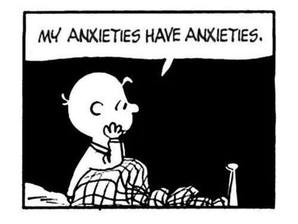
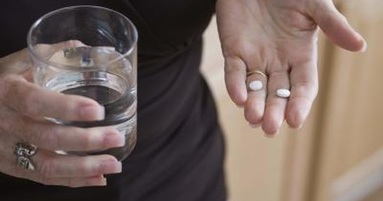
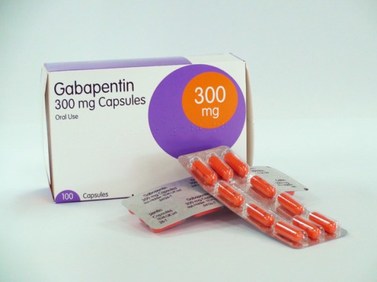
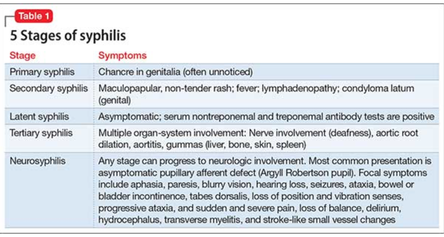
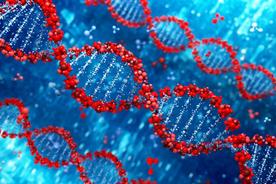
 RSS Feed
RSS Feed
